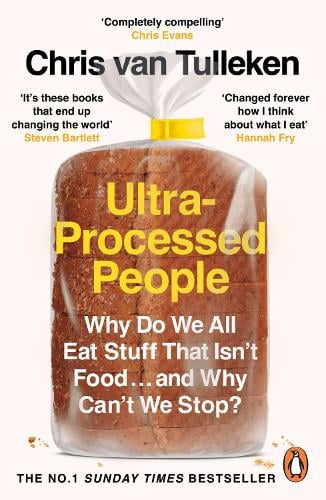The book highlights the global impact of poor diet and the role of ultra-processed foods in contributing to health issues. The reviewer finds the book to be an important contribution to the discussion on food and health.
The reviewer first encountered the book through an article by the author, which highlighted the alarming statistics on diet-related deaths globally. They find the book to be a significant contribution to the ongoing discussion about the impact of ultra-processed foods on health. The reviewer appreciates the book's comprehensive approach, which includes an investigation into the science, economics, history, and production of ultra-processed food. They also note the book's ability to present complex information in an accessible manner, making it a valuable resource for both academics and general readers.
Quick quotes
I first heard about Chris van Tulleken's book through a newspaper article he wrote, in which he noted that poor diet is responsible for more deaths globally than any other factor.
The book provides a comprehensive investigation into the science, economics, history, and production of ultra-processed food.
Ultra-processed foods are not just a matter of personal choice but a result of a complex interplay of economic, social, and political factors.
